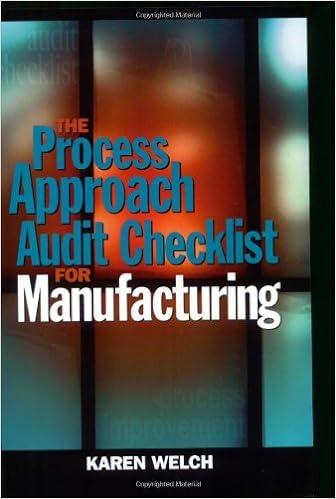In the following independent case requirements, you will analyze issues related to whole blood and plasma donations at a non-governmental NFP entity - the American Red Cross, and a for-profit business enterprise, ADMA Biologics, Inc. The American Red Cross is the largest blood supplier in the U.S., accounting for 40 percent of the nation's blood supply for transfusion. Its mission is to "prevent and alleviate human suffering in the face of emergencies by mobilizing the power of volunteers and the generosity of donors." ADMA Biologics, Inc., is a U.S. publicly listed biopharmaceutical company that develops, manufactures, and markets specialty plasma-derived products to treat immune deficiency diseases. It operates six plasma centers, all of which are located in low-income areas in large cities (e.g., Atlanta, GA; Knoxville, TN). Download the financial reports prepared by the American Red Cross and ADMA Biologics. Review their respective audited financial statements. You will be asked to make journal entries, if any. However, not all transactions will be recorded on the financial statements. If you think there is no journal entry, write "no entry" and explain your reasoning. Requirement 1: Voluntary (Unpaid) Whole Blood Donation to the American Red Cross Each year, the American Red Cross collects and processes approximately 4.5 million to 5.5 million pints of blood from 2 to 3 million donors, and distributes blood products to over 2,500 hospitals. Its Biomedical Services is the division that collects blood from donors and provides blood products to hospitals. Per FDA regulations, blood collected from voluntary unpaid donors cannot be sold (e.g., to hospitals) until it is tested and processed. Prepare journal entries, if any, for the American Red Cross to record the following transactions. (To the extent that you can, use the account names that are listed on the financial statements of the American Red Cross in your journal entries.) a. A donor gives one pint of whole blood at a blood center of the American Red Cross. The donor is not compensated. (Optional: Cite the applicable FASB Accounting Standands Codification in support of your answer.) b. To collect whole blood, the American Red Cross incurs costs of direct labor (e.g., salaries and wages), direct materials (e.g., supplies and materials), and overhead (e.g., depreciation). Additional costs are incurred when it tests, processes, and stores whole blood in its facilities. The total costs incurred (in cash) are \$224 per pint. c. The American Red Cross supplies a pint of whole blood product with a cost of \$224 to a hospital on account for $226. d. Another pint of whole blood product with a cost of $224 expires after 42 days and is discarded. The American Red







